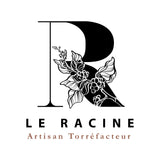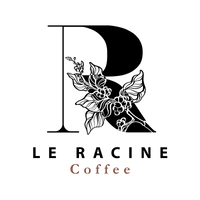Prodecoop cooperative
San Rafael del Norte, in the municipality of Jinotega, is in the heart of
coffee production in Nicaragua, representing 65% of it. This
region is renowned for its coffee with mild acidity and aromas
delicate florals, providing a memorable caffeinated experience. THE
mountains and ideal altitudes of San Rafael Del Norte favor
prosperity of coffee trees and the blossoming of complex flavors,
notably nuances of fruit and hazelnut, accompanied by a
refreshing acidity. Local producers, with dedication,
shape this exceptional coffee, creating a taste experience
unforgettable for coffee lovers.





















